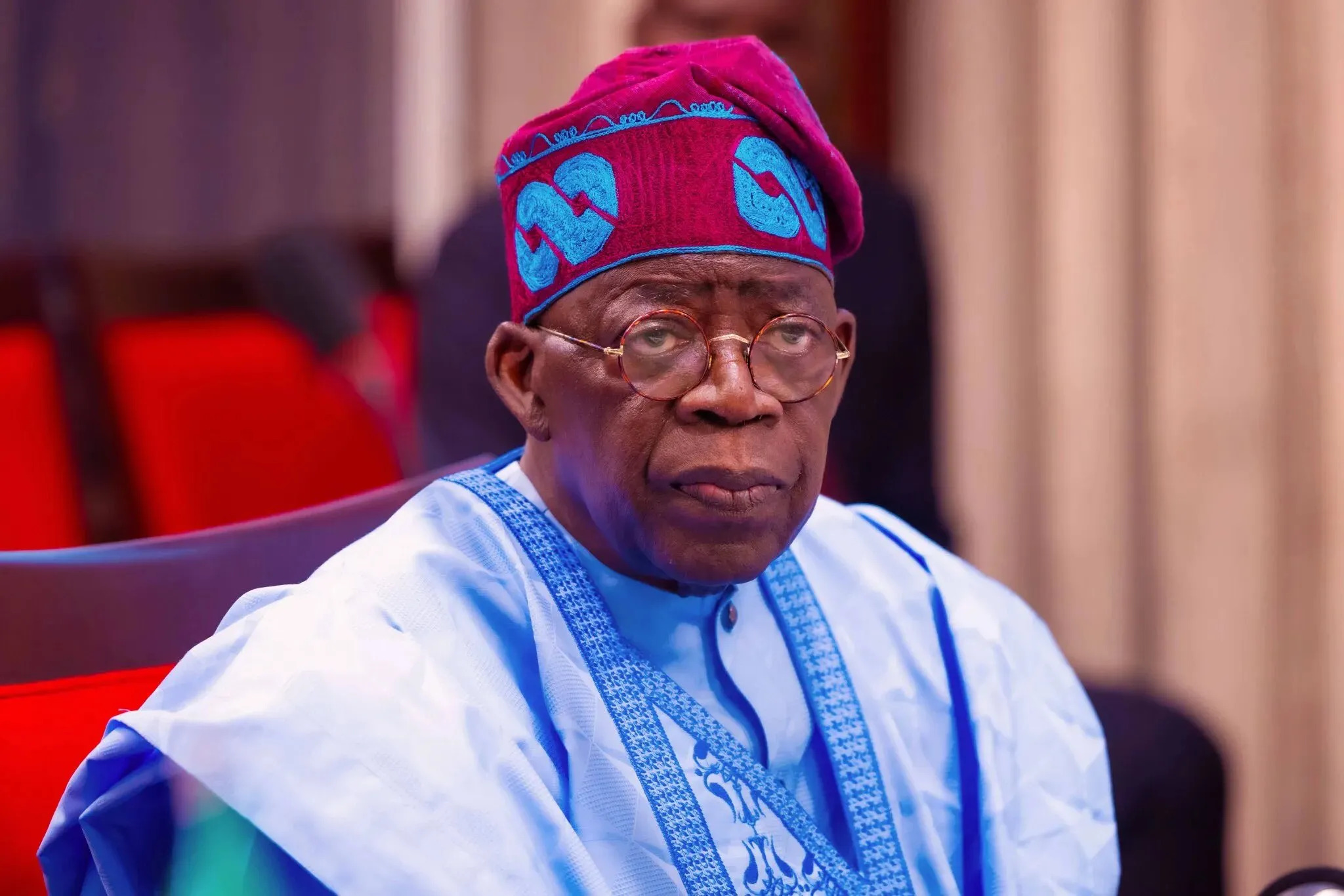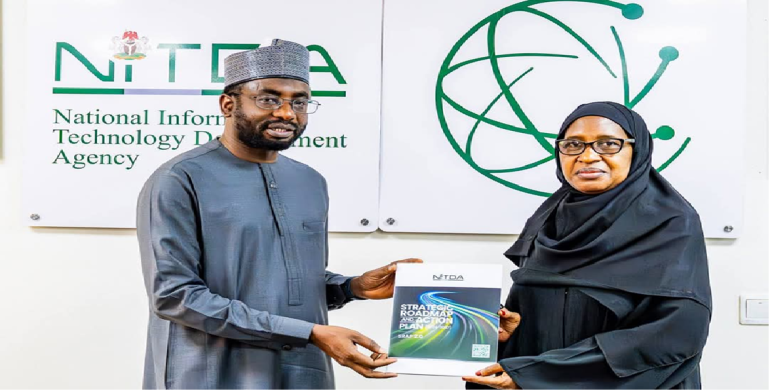Listeners:
Top listeners:
-
play_arrow
104.9FM Best rock music demo
-
play_arrow
Demo Radio Nr.1 For New Music And All The Hits!
-
play_arrow
Demo Radio Techno Top Music Radio
-
 play_arrow
play_arrow
Police Commissioner Launches Weapon and Riot Control Training for FCT Officers Democracy Radio

By: Aremu Toyeebaht
The Federal Government has officially removed the 5 per cent excise duty on telecommunications services, a decision expected to reduce cost pressures on subscribers and support the growth of Nigeria’s digital economy.
The Executive Vice-Chairman of the Nigerian Communications Commission (NCC), Dr. Aminu Maida, confirmed the development during an interactive session with journalists in Abuja on Tuesday. “The excise duty, it was the 5 per cent or so, that is no longer there,” he said. “Before it was suspended, but now the president has been magnanimous to remove it entirely. I was in a room when it was raised, and he said, No, no, no, we cannot put this on Nigerians. I was very pleased when the bills came out and we saw his words were followed through.”
The 5 per cent telecom excise duty was originally introduced in 2022 under the administration of former President Muhammadu Buhari as part of broader fiscal measures. However, it faced strong resistance from industry stakeholders and consumers who argued it would stifle digital inclusion and increase the cost of communication.
The tax was first suspended in July 2023 by President Bola Tinubu, who emphasized that such levies would hurt ordinary Nigerians and slow economic growth. Its complete removal was later embedded in the newly passed Nigeria Tax Act, which consolidates and repeals multiple taxation laws.
Industry experts have welcomed the move, stressing that with Nigeria’s telecom sector serving as a backbone for financial services, digital trade, and innovation, the scrapping of the duty will not only ease subscriber costs but also boost sectoral growth and attract new investments.
With over 220 million active phone lines, Nigeria’s telecommunications industry remains central to job creation, financial inclusion, and digital transformation across the country.
Written by: Toyeebaht Aremu
Similar posts
Copyright Democracy Radio -2024


